Let’s talk about rare disease patient advocacy. We can use the word “advocacy” so much that it begins to lose its meaning. Advocacy can encompass a variety of activities, from spreading awareness to promoting policies that enable us to access the treatments we need. In this article, I will share my experiences as an advocate, including my recent trip to Rare Disease Week on Capitol Hill.
What a week. I spent last week in Washington, D.C., and have been reflecting on this amazing trip since I returned. On Thursday, over 500 of us met with our legislators on Capitol Hill. Rare Disease Week is hosted by Rare Disease Legislative Advocates (RDLA), a program of the EveryLife Foundation for Rare Diseases.
I’ve been to the capital before to advocate, but not for this event. And certainly not in a group of this size.
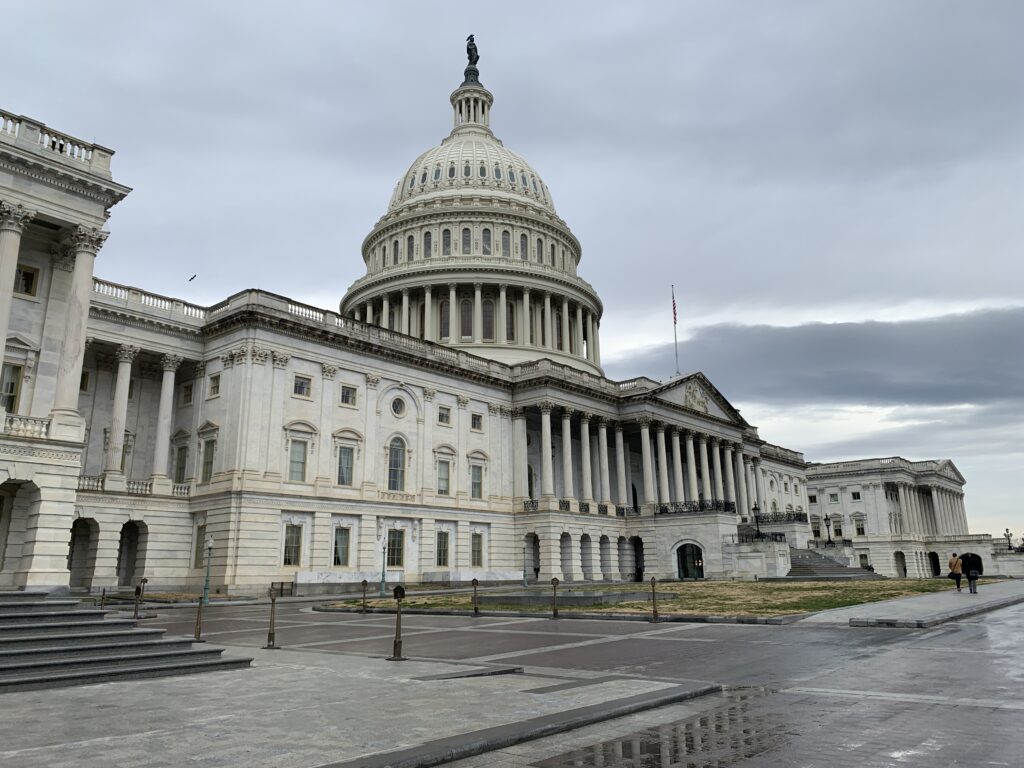
But let me take a step back for a minute. We often use terms like “advocacy” and “advocate”, but what do they mean?
When I use the word “advocate” I think of it in two different senses (I’m using the Oxford English Dictionary, in case you’re curious).
In a general sense, to advocate is to speak on behalf of another. This is how I normally use the word because I speak frequently about issues related to PKU, newborn screening, and rare disease patient advocacy. Even when I’m not promoting specific legislation, I’m trying to raise awareness of issues that affect us all.
And yes, I advocate for myself. That’s a crucial part of the rare disease life—being your own advocate. But to me, advocacy has a different meaning.
To advocate means to speak on behalf of another.
My experience with my rare disease isn’t as challenging as what many others face, even those with PKU. My protein intake isn’t as heavily restricted as others, especially thanks to medications now available in our community. I haven’t faced ongoing problems accessing my treatment (insurance coverage for PKU medical foods is a problem many face constantly).
And when I take a step back and consider the broader rare disease community, I recognize how fortunate I have been.
Recent estimates put the number of rare diseases at 10,000. Of those, 95% do not have treatment. And 30% of children with a rare disease won’t live until the age of five.
Those statistics took my breath away when I first read them. Now, they drive me.
I recognize how fortunate I am. I was diagnosed with PKU thanks to newborn screening, placed on treatment immediately, have always been able to get my PKU medical drink, and… I lived past the age of five.
Yes, I advocate for myself. But I feel a responsibility to speak for others, and that’s what I’ve tried to do since I produced my film “My PKU Life” in 2011 and began my journey in advocacy.
It’s also this general sense I was thinking of when I created my Facebook page back in 2012: PKU Advocate Kevin Alexander. I’m still there, but these days I spend more time on Instagram: @kevinalexander_pku.
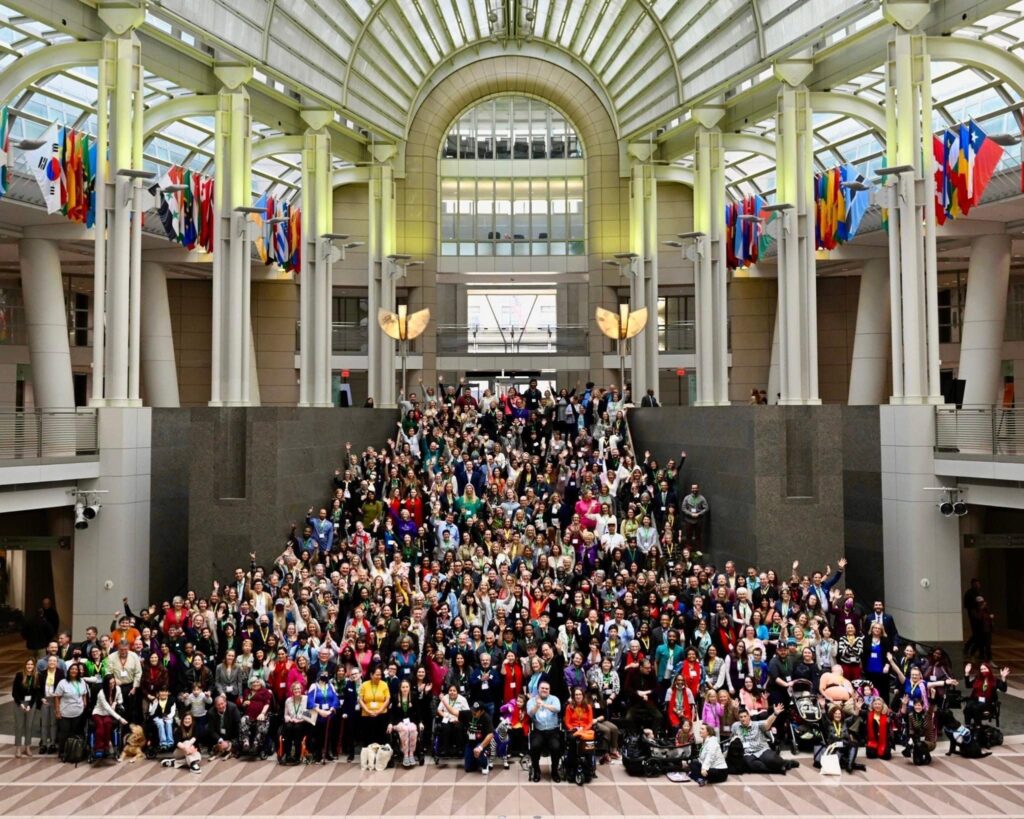
Advocacy in this general sense is important. But equally important is the specific sense and the reason we all gathered on Capitol Hill. An advocate is also one who supports and speaks out for a particular policy.
At Rare Disease Week, there were a few policies that we all supported. If you had a separate “ask” relevant to your community, you were certainly welcome to advocate for it.
As Vice President of the Louisiana Metabolic Disorders Coalition, I represented not just those with PKU, but all of those in our state affected by a metabolic disorder. And the greatest challenge we all face in the metabolic disorders community, across the nation, is access to the medical foods we require. So I advocated for the Medical Nutrition Equity Act.
I’ve been involved in advocacy like this over the years as well. I was especially busy in 2013 for the 50th anniversary of newborn screening in the United States. I went to Capitol Hill as part of the Association of Public Health Laboratories (APHL) campaign that year, met with legislators, and spoke on a panel at the Capitol Visitor’s Center moderated by Dr. Richard Besser, then of ABC News.
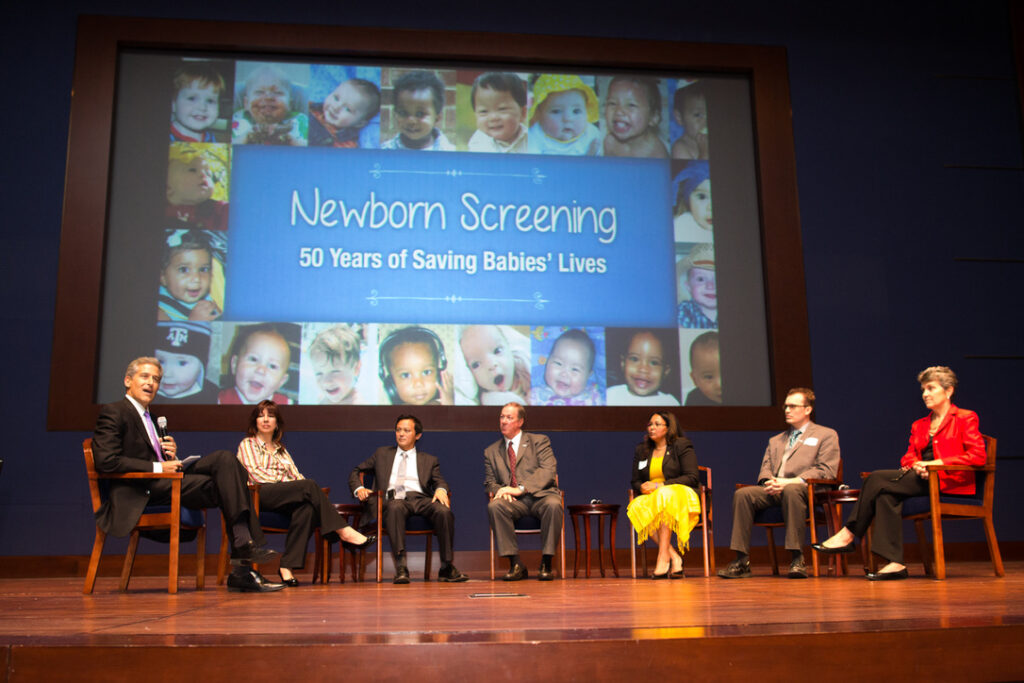
And one thing I’ve learned over the years… Legislators and their aides need to see us face-to-face. We need to look them in the eyes, and not just over Zoom. They need to hear our stories, our voices.
They need to know that we exist, and the best way to do that is to meet one-on-one.
I had the opportunity to do that this week. Our group met with aides from Representatives and Senators from Louisiana: Steve Scalise, Mike Johnson, Bill Cassidy, and John Kennedy. Whether they immediately support our cause or not, relationships were formed. Human connections made.
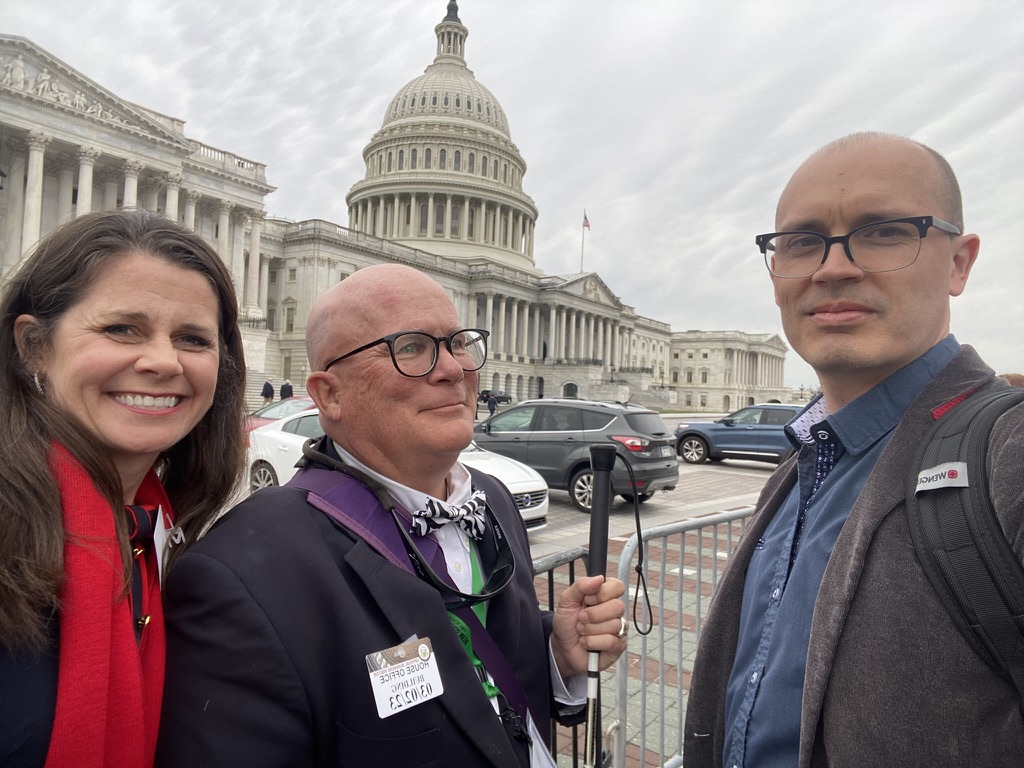
There is power in numbers. When we told each office that we were part of a group of 500 advocates on the Hill that day, they each said, “Oh, wow!”
In a world where numbers matter, we must show up in force to show them we exist. To let them hear our voices. Our stories.
Every story matters. And Congress needs to hear them. If you’re involved in your own advocacy efforts and are wondering if an event like this is worth it… Yes. Yes, it is.
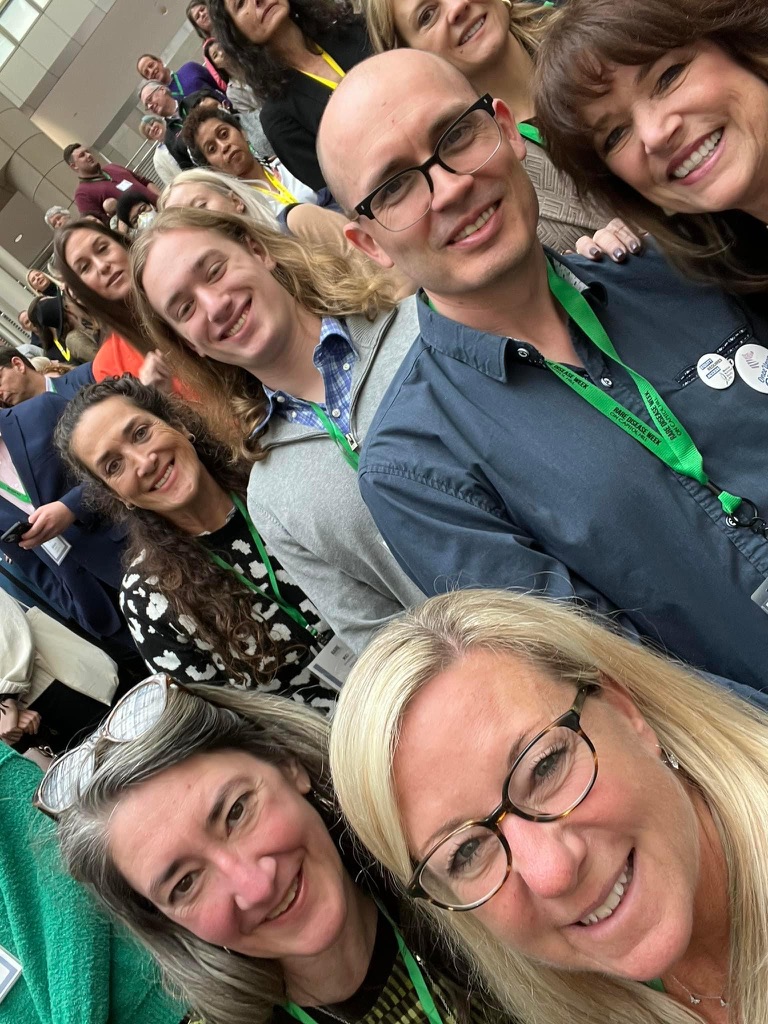

I spent the week with people in the PKU community I’ve known for many years. Friends who feel like family. That’s what can happen when you engage in rare disease patient advocacy. You can develop lifelong friendships.
We were all presented with a life we didn’t choose. But there are opportunities to connect with others who face similar challenges.
We may not be affected by the same rare disease, but we are united in our experience of an uncommon life. And that gives us an opportunity to become uncommon people. Brave. Strong. Resilient. And united in our need for hope.



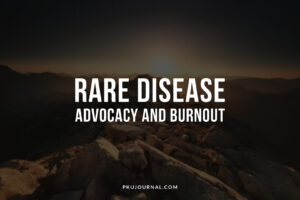






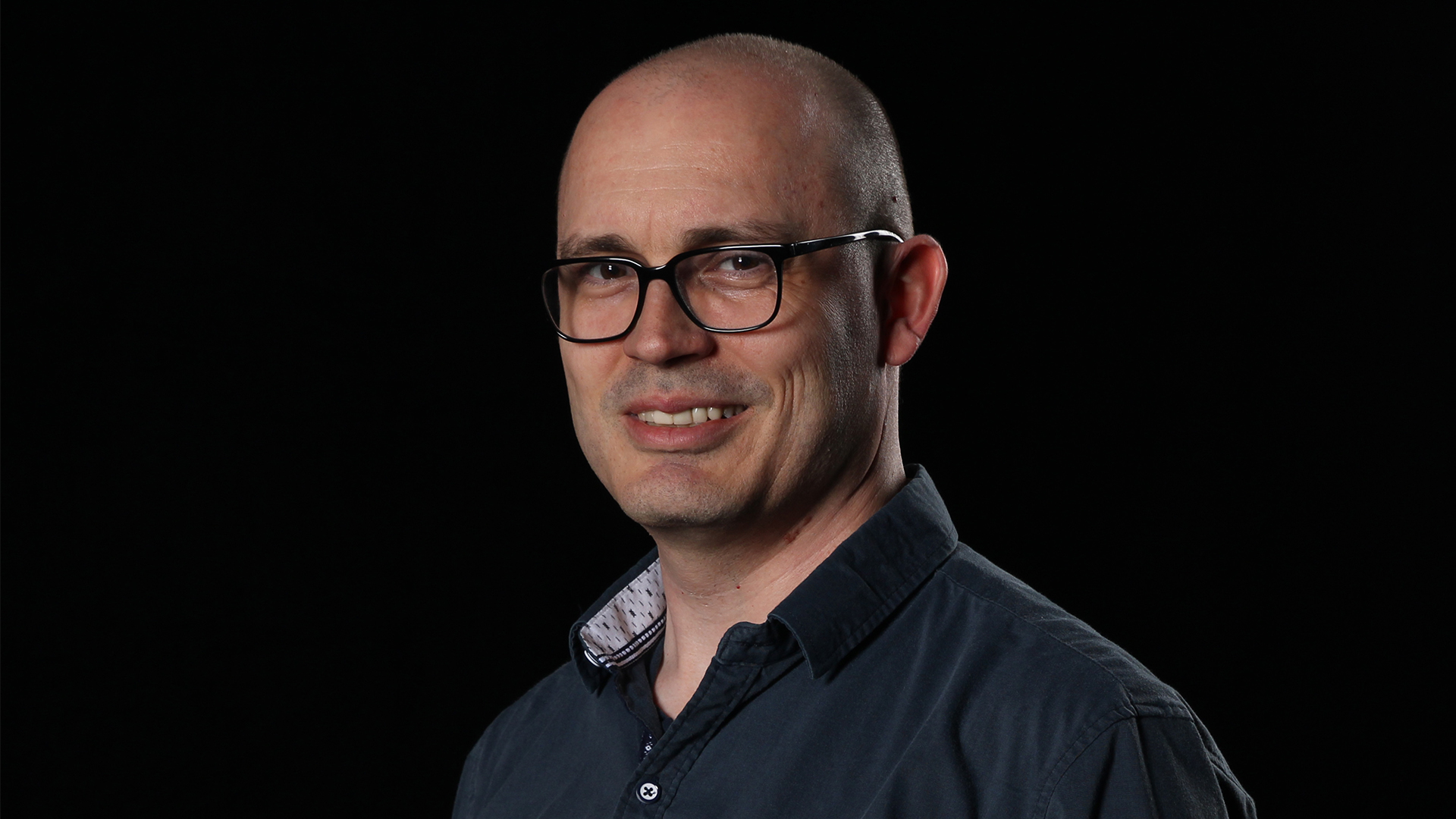
Leave a Reply